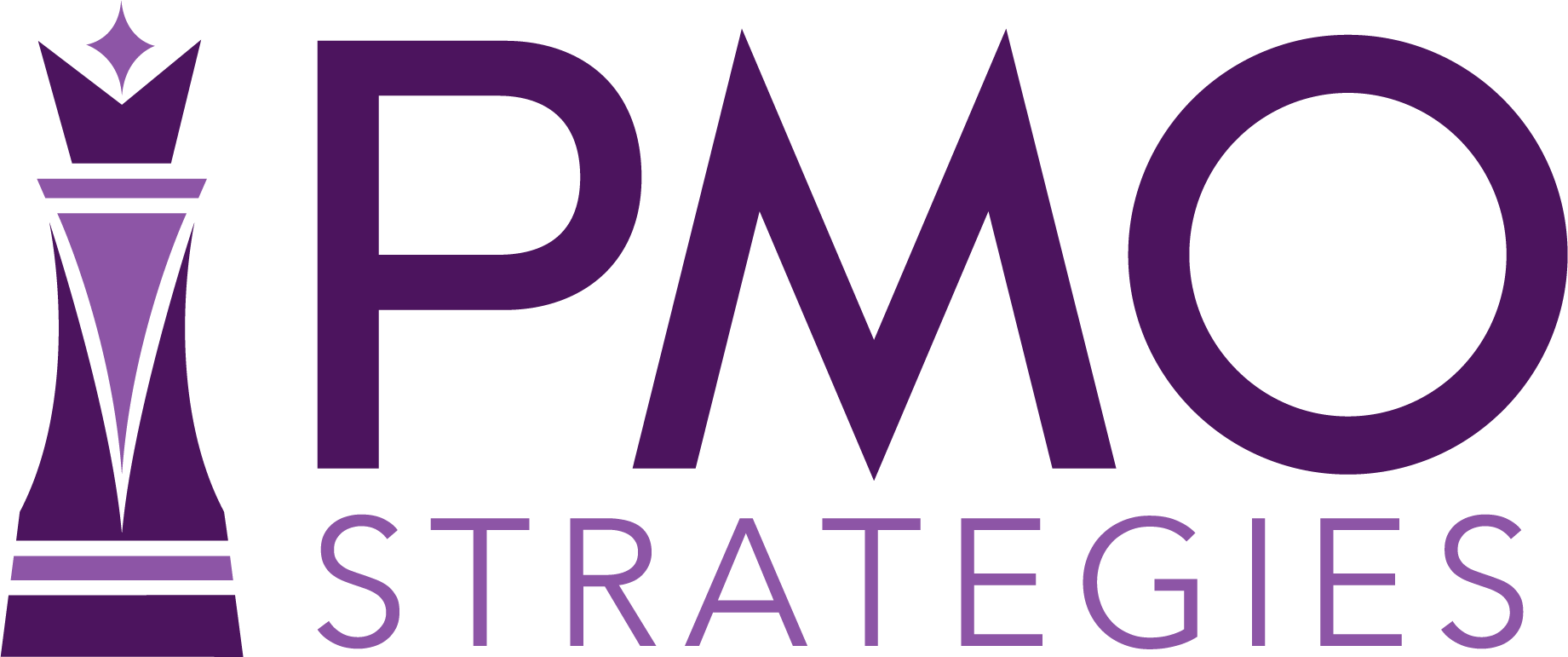After nearly 50 years of being actively involved in the profession of project management in roles of individual contributor, project manager, functional manager and consultant it has consistently come to my attention that many of the people I encounter do not seem to enjoy what they do. In fact, The Conference Board Job Satisfaction Study for 2014 found 63 percent of US workers were not satisfied with their jobs. 2014 marked the eighth consecutive year that this number has increased from a low of 39 percent in 1987.
If this steady increase in unhappy workers was Ebola we would declare it an epidemic and take immediate and drastic action to assure those suffering from its effects would be treated and that its spread to others was contained. All in hopes that the “disease” was eventually eliminated. But yet no task forces have been formed. No efforts to quarantine those who have contracted this malady have been taken and little serious effort has been expended to find and implement a “cure.” Meanwhile, each passing year sees an increase in the number of unhappy workers and a corresponding decrease in productivity* If the truth were known it would confirm that not only does the unhappy individual’s output decrease, but that negative attitude impacts others and eventually drags those around him/her into the abyss of mediocrity. It should be noted that this decrease in productivity is actually worse than the statistics imply because the many “extra” hours of work required to meet the organizational output expectations are often unpaid and therefore those work hours never find their way into the labor productivity calculation.
Are YOU one of the unhappy majority? Take this little test and learn where you fall: When you wake up to get ready for your next work day, if the first thought that crosses your mind is “how many sick days do I have left?” you are probably among the unhappy. Compare your results of this little experiment with that of Happy workers. Happy workers can’t wait to get to work! Happy workers arrive early and leave late because they want to, not because they are threatened or coerced. They enjoy what they do and who they do it with. They get personal and professional satisfaction from the work that they do and the environment in which they do it.
Although I have espoused the importance of being happy to my students for years, often stating, “if you don’t enjoy what your doing—stop doing it.” It was refreshing to learn that empirical findings confirm what I have felt in my gut for years. According to Shawn Achor, author of the best seller The Happiness Advantage, and creator of Harvard’s Happiness Course, we are experiencing what he refers to as an “unhappiness epidemic” and that if we were able to overcome this condition personal and organizational productivity could realize significant increases as a byproduct. In his book he cites instances where productivity nearly doubled.
In his research, Achor found that most people operate under the philosophy that if you work hard you will become successful and that “success causes happiness.” He also found that more than a decade of groundbreaking research in positive psychology and neuroscience has proven in no uncertain terms that the relationship between success and happiness works the other way around. Happiness is the precursor to success not merely the result. And that happiness and optimism actually fuel performance and achievement—giving people the competitive edge that Achor calls the “Happiness Advantage.” Achor cites research that has shown that our brains are literally hardwired to perform at their best not when they are negative or even neutral, but when they are positive (happy).
These findings can easily be translated to the project management profession. In today’s world of project management, it seems we sacrifice happiness for success. Our fast paced, incredibly competitive and resource deprived environment leave us feeling more and more stressed and we often feel overwhelmed by the constant pressure to “deliver” no matter what it takes. But, we want to be successful so we do everything we can to Git R Dun. We often take our frustrations and anxiety home where we feel safe and to some extent happy. But, alas, we know when we go to work the next day it will be more of the same.
Once Achor had completed gathering and analyzing the massive amount of research he was able to isolate seven specific, actionable, and proven patterns that can predict success and achievement. While all seven had relevance to the field of project management, the one that really caught my attention was, “The Tetrus Effect”—being unable to break a pattern of thinking or behaving. I have always thought of this condition as a habit or paradigm: “That’s the way we’ve always done it.” This Tetrus Effect can often be negative. A coworker (or even you) walks into a meeting and immediately finds the one thing to complain about. The boss who finds what you are doing wrong without ever mentioning how you are improving. The project team member who predicts doom before every meeting, no matter what the circumstances may be. They don’t mean to be that way, but their brains are conditioned to scan the environment for negatives, while immediately spotting the annoyances and stresses and hassles. Their brains have been honed and trained to do so through years of practice. From a project management perspective this environment is not a happy place to be nor does it do anything to improve your personal happiness (and eventually productivity) level.
You have the ability to break the paradigm. Create your own little world of happiness. Don’t only see the bad. Train your brain to see the good. Use your mind as a spam filter that keeps the negative from becoming the driver of your thoughts and actions. Don’t shut out all the bad, but seek the good and develop an attitude of optimism that permeates throughout the project. Find opportunities to show gratitude to team members for what they have accomplished and mentor them in a positive way to raise their accomplishments to an even higher level. Create new paradigms! Train you brain to create a Positive Tetrus Effect. You will not only improve your chance of happiness, you will be setting off a chain of events that will help you reap all of the benefits of a positive brain. This is far more than changing the glass from half empty to half full, it’s about opening our minds to the ideas and opportunities that will help you be more productive, effective, and successful at work and in life.
It’s up to YOU! Don’t worry! Be Happy AND Productive!!
*According to US Bureau of Labor Statistics U.S. Productivity fell by 1.8% in the fourth quarter of 2014
Thanks for taking the time to read this article.
Click here to receive these blog posts right to your inbox.
Fill out our one-minute survey if you have topics you would like read more about.
I welcome your feedback and insights. Please leave a comment below.
See you online!
Warmly,







